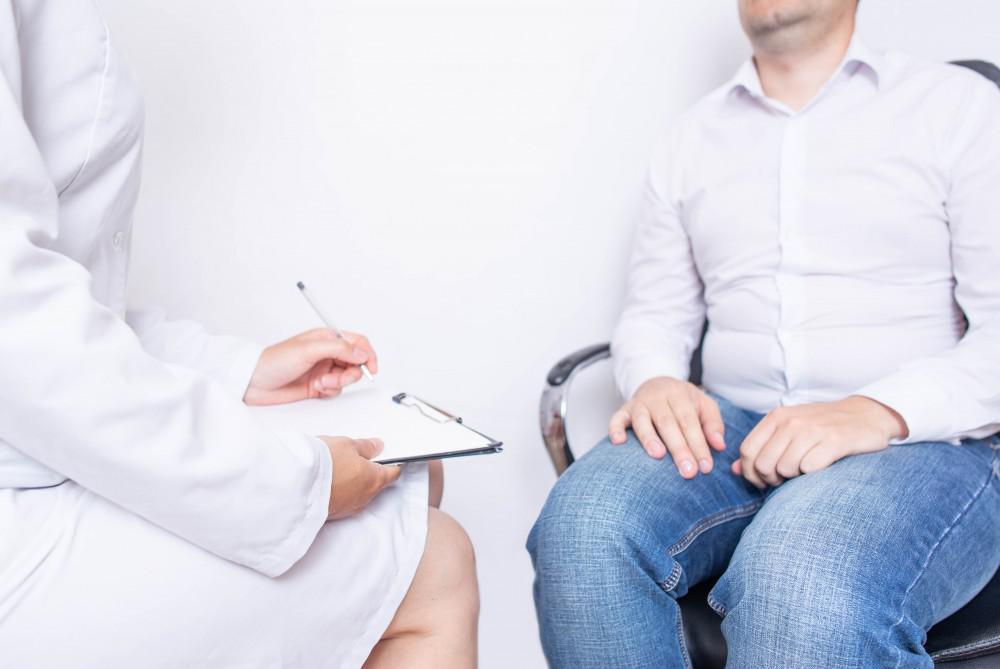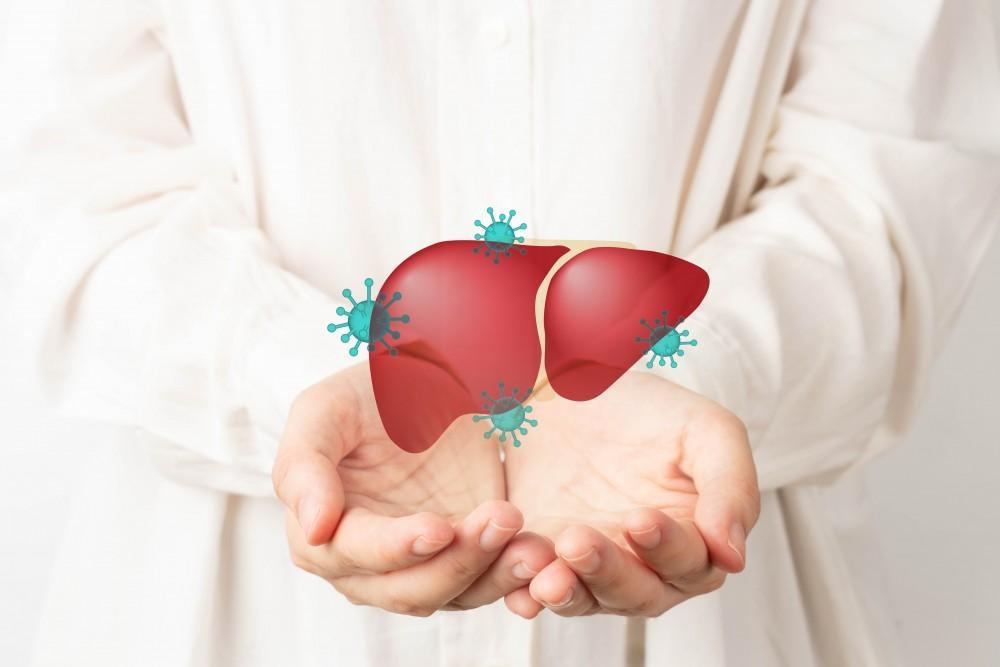How Dr. Rishi Diagnoses Diverticula?
Dr. Chadha uses a step-by-step approach:
Medical History and Exam
He reviews your symptoms, diet, bowel habits and family history, then performs a focused abdominal exam.
Imaging Studies
- CT scan pinpoints diverticula, inflammation, abscesses or other complications.
- Colonoscopy allows direct visualization of the colon lining and pouches.
Lab Tests
Blood work checks for signs of infection (white count, CRP) and anemia. Stool tests rule out bleeding or infection.
Advanced Evaluation (if needed)
In rare cases, further imaging or endoscopic ultrasound is used to assess severity before planning treatment.
Frequently Asked Questions
What's the difference between diverticula and diverticulitis?
Diverticula are small, harmless pouches that form in your colon wall. Diverticulitis means one or more of those pouches have become inflamed or infected.
Can I have diverticula without pain?
Yes. Most people with diverticula (diverticulosis) never experience any symptoms or discomfort.
How common is this?
Diverticulosis affects about half of adults over 60. The risk rises with age but can occur earlier, especially with a low-fiber diet.
Do I need surgery?
Not usually. Surgery is reserved for patients with repeated complications, severe attacks, or abscesses that don't respond to other treatments.
Can fiber make it worse?
You may feel more bloating at first. Start fiber slowly, drink plenty of water, and gradually increase your intake to help soften stools.
How do I prep for a colonoscopy?
You'll be asked to follow a clear-liquid diet the day before and take a prescribed bowel-cleaning solution to empty your colon.
Can I avoid surgery with mild diverticulitis?
Yes. Most mild cases improve with rest, a clear-liquid diet, antibiotics (if needed), and close follow-up with your doctor.
When should I call Dr. Chadha?
Contact us right away if you develop severe abdominal pain, fever, or notice blood in your stool these can signal infection or bleeding.
Can diverticula turn into cancer?
No. Having diverticula does not increase your risk of colon cancer. However, a colonoscopy also screens for polyps and malignancies.
How do I stop new pouches from forming?
Eat a high-fiber diet (fruits, vegetables, whole grains), stay physically active, stay hydrated, and don't ignore your body's natural urge to have a bowel movement.











